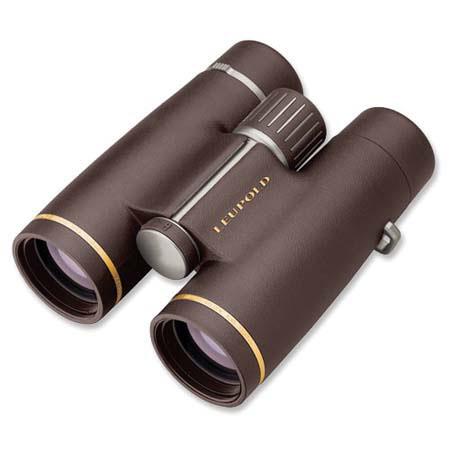Posted by: blively
Binos for the Backcountry - 04/25/10 03:52 PM
Hello all!
I am looking to purchase a pair of binoculars that will serve me well both at home and in the backcountry (meaning they are lightweight enough to warrant their presence in my pack). I’ve done some research on-line but would like to know if there are any backpackers/birders out there who have an opinion.
My top two choices are the Swift Eaglet 7x36 (20.6 oz) and the Nikon Monarch 8x42 (21.7 oz.). Both have multi-layered coated prisms and lenses, are waterproof, and fog proof. I’ve read some good reviews about both of them on “birding” websites. However, I’d like to know what a backpacker thinks and if anyone has other suggestions. Or…perhaps I’m the only backpacker out there who takes my birding seriously enough to spend this kind of money (approx. $300) and carry the extra weight?
Thanks!
BLively
I am looking to purchase a pair of binoculars that will serve me well both at home and in the backcountry (meaning they are lightweight enough to warrant their presence in my pack). I’ve done some research on-line but would like to know if there are any backpackers/birders out there who have an opinion.
My top two choices are the Swift Eaglet 7x36 (20.6 oz) and the Nikon Monarch 8x42 (21.7 oz.). Both have multi-layered coated prisms and lenses, are waterproof, and fog proof. I’ve read some good reviews about both of them on “birding” websites. However, I’d like to know what a backpacker thinks and if anyone has other suggestions. Or…perhaps I’m the only backpacker out there who takes my birding seriously enough to spend this kind of money (approx. $300) and carry the extra weight?
Thanks!
BLively

